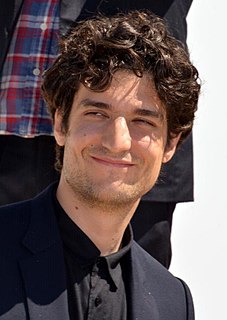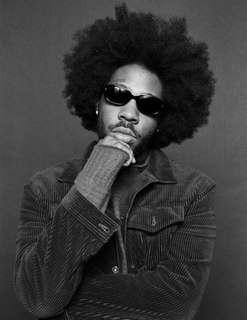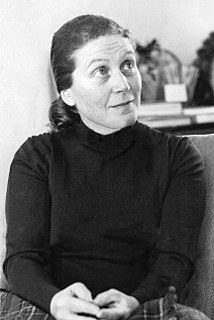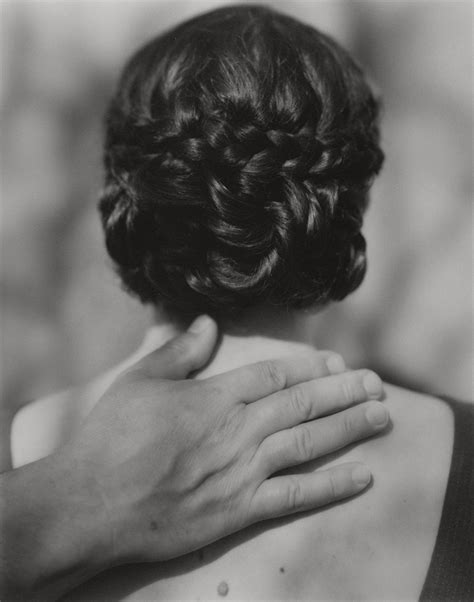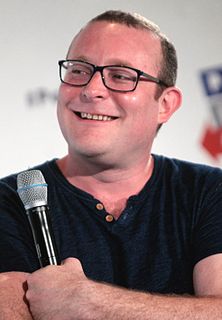A Quote by Colm Toibin
The old Victorian laws against homosexuality were still on the statute books until the early 1990s. As a gay man living in Ireland, I and people like me found it easy to feel less than citizens.
Related Quotes
Trees and flowers were often more meaningful to me than people. They always helped me, consoled me, giving the soul a chance to believe once more than the world was beautiful and sensible, that the mad absurdities and cruelties of men were against the laws of Nature and the Universal Mind; that sooner or later violence would suffer utter defeat on this Earth. No words collected in books were more effectively convincing to me than foliage, clouds, rippling waters, rain.
I literally feel like books saved my life. I found these people. Me reading Camus and Kafka, all of the tortured teenager stuff of someone who's falling in love with books. These people, these writers had the questions. They may not have had the answers, but they're not afraid to look at the questions head on. It was just life-changing for me. Yeah, books, honestly, I can't even tell you. I feel saved by books; I feel like they let me be who I was and find the world I wanted to be in.
The ball scene was never really only gay people. I think people have this notion that if there's a man hanging around a gay man, he must be gay, but that's just stigma. Back in the day, it was the same; there were lots of different people there: gay, straight, whatever. They did not care what they were called because they knew who they were.
I can remember in the late 1980s and early 1990s how many men with AIDS I saw everywhere in Key West. There were hospices and medical supply stores geared to people with AIDS. It seemed that every sick man who could afford it had headed for the warmth and the tranquillity and the gay-friendliness of the island.
I feel very lucky. I don't know what else there has to be. I'm happy, as corny as it sounds, to be living in a place where it's easy to live, easy to drive to the airport, easy to go pick up something at the supermarket and to have a circle of friends. Those were my goals in 1998, not to be queen of photography but to make a cultural adjustment to the West. And those are still more important goals to me than professional ones right now.
I don't buy into the idea that an Irish writer should write about Ireland, or a gay writer should write about being gay. But when I found the right story, I saw it as an opportunity to write about being a teenager and being gay. Most people, whether you're gay or straight or whatever, have experienced that relationship where one person is much more interested than the other.
In 1979, you had the revolution in Iran. You had the Hudood Ordinances in Pakistan, which are the laws that are notoriously used against women, which are theoretically used against thieves although they're never carried out - an actual amputation or an actual stoning. The blasphemy laws, again, never actually carried out, though they're there, heavy with menace on the statute books.
You feel like people are looking at you like, 'I wanted the old Kathleen. Where's the old Kathleen?' I felt that way in the beginning of Le Tigre. I felt people were like, 'You're not angry enough anymore.' People still ask me that. 'Are you still angry?' I'm like, 'About what? About that question? Yes.'
. . . Luddites were those frenzied traditionalists of the early 19th century who toured [England] wrecking new weaving machines on the theory that if they were destroyed . . . old jobs and old ways of life could be preserved . . . At certain times in his life each man is tempted to become a Luddite, for there is always something he would like to go back to. But to be against all change-against change in the abstract-is folly.

